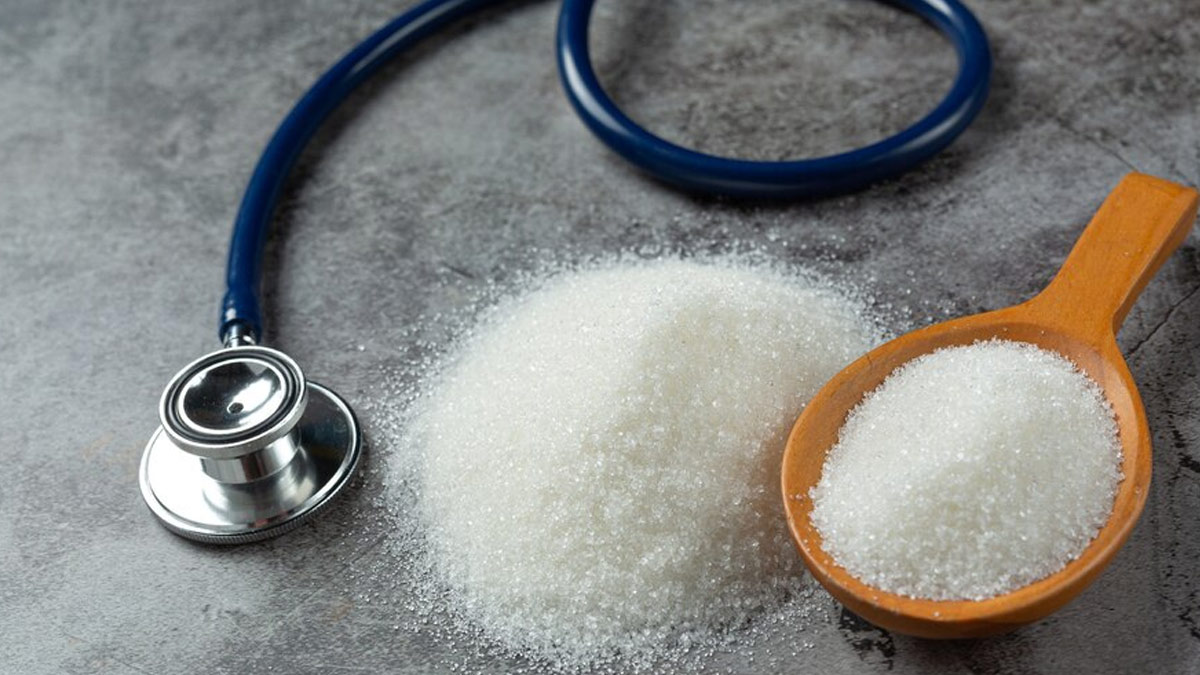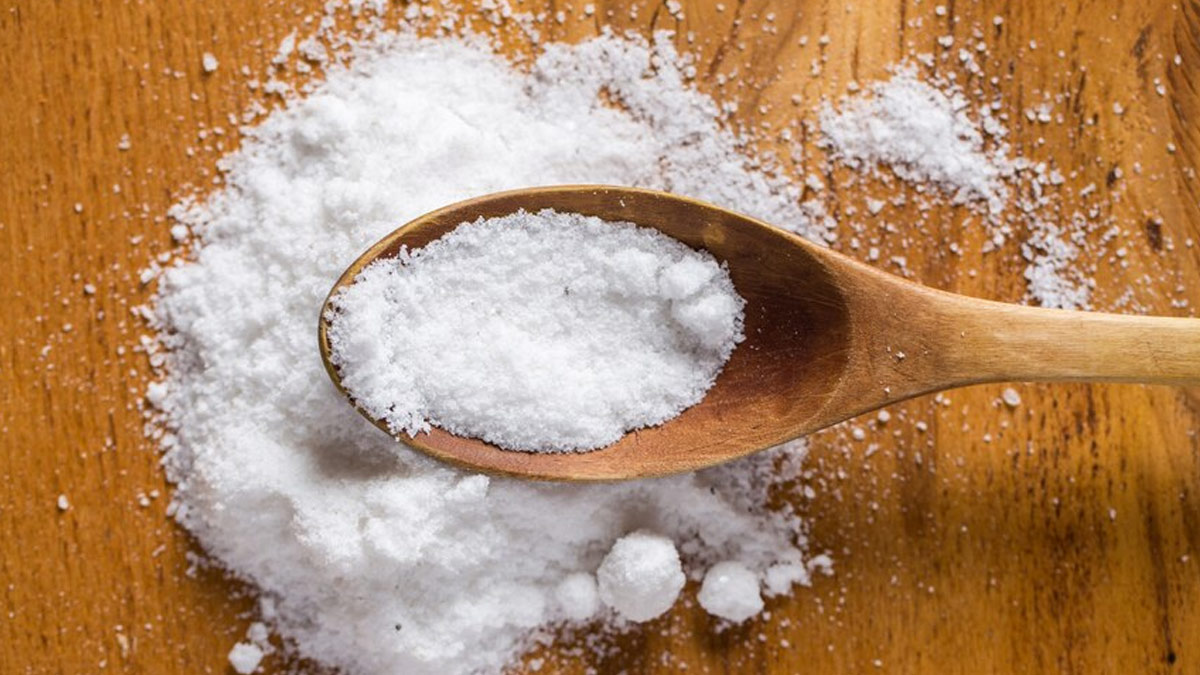
People with diabetes are usually advised to limit sugar intake given its impact on blood sugar levels. But that’s not all. Diabetic patients also need to watch their salt intake as it can do as much harm and lead to other health complications. In an interaction with the OnlyMyHealth team, Dr Rajkumar, Senior Consultant-Internal Medicine, Indian Spinal Injuries Centre, New Delhi, discussed the impact of salt on the body and shared why diabetes patients should cut down their salt consumption.
Impact Of Excessive Salt Consumption On The Body

“Excessive salt intake can cause fluid retention, raising blood pressure and straining the cardiovascular system,” said Dr Rajkumar.
Fluid or water retention, also known as oedema, is the buildup of fluid in the body, which can result in symptoms, such as swelling in feet, angles, and hands, aching, stiff joints, unexplained weight fluctuations and more. When excess salt intake leads to fluid retention, the extra water accumulates in the bloodstream, causing extra pressure on your blood vessel walls and therefore, raising your blood pressure.
Also Read: The Dangers Of Eating Too Much Sugar: What Amount Is Safe To Consume?
According to the World Health Organization (WHO), the global mean intake of salt in adults is 10.78 g/day salt, which is more than double the WHO recommendation for adults of less than 5 g/day salt. Annually, an estimated 10.89 lakh deaths are associated with consuming too much sodium, notes the global health body.
Besides the cardiovascular system, Dr Rajkumar added that high sodium intake can also harm the kidneys, disrupt electrolyte balance, and contribute to insulin resistance, worsening blood sugar control in diabetes.
Why Diabetes Patients Should Watch Their Salt Intake

According to Dr Rajkumar, diabetes patients should monitor their salt intake because high sodium levels can exacerbate or worsen their condition.
“Excess salt can lead to high blood pressure, increasing the risk of heart disease and stroke, common comorbidities in diabetes. In addition, high sodium intake also affects kidney function, potentially worsening diabetic nephropathy,” the doctor elaborated.
How Much Salt Is Safe To Consume
The recommended daily sodium intake for most adults is around 2,300 mg, equivalent to about a teaspoon of table salt.
However, for those with diabetes or high blood pressure, the recommended limit is often even lower, around 1,500 mg per day, said Dr Rajkumar.
Also Read: How Diabetes Can Affect Different Parts Of The Body
How To Safely Reduce Salt Intake

To reduce salt intake safely, here are a few tips to follow:
- Read food labels
- Choose low-sodium products
- Cook at home using less salt
- Add flavour to your food with herbs and spices
- Avoid processed and fast foods, as they are often high in hidden sodium
- Consult with a dietitian for personalised guidance on salt reduction
Conclusion
In general, eating too much salt is unhealthy and harmful for your body. Not only does it lead to fluid retention, but it also increases your risk of high blood pressure and kidney problems. It is best to consume the recommended amount of salt in a day, which according to the doctor is around 2300 mg. If you’re a diabetes patient, make sure to cut down the intake even more to avoid worsening the condition or exposing yourself to other health complications.







